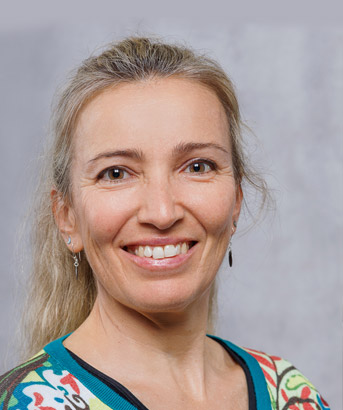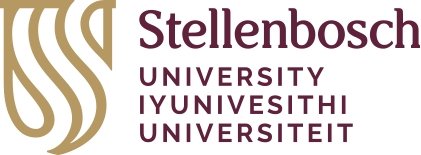
- This event has passed.
Prof Susana Clusella-Trullas
September 19, 2023 @ 17:3018:30


Should I stay or should I go? Examining responses of cold-blooded animals to climate change
Climate is changing at an alarming rate and has devastating effects on species persistence, altering entire ecosystems and threatening human food security and health. Scientists strive to develop methods to assess species’ vulnerability to global warming, and to robustly predict their responses into the future. Ectotherms, also popularly referred to as cold-blooded animals, rely on the environment to regulate their thermal budgets and are readily affected by temperature variability, including extreme events such as heatwaves and cold snaps. In this talk, Prof Susana Clusella-Trullas uses some of her research case studies on reptiles and insects to illustrate the diverse responses of these organisms to environmental change. These responses range from behavioural strategies such as thermoregulation and dispersal to physiological responses such as shifts in the temperature sensitivity of performance. She also emphasises the scale at which these responses manifest, from short-term shifts of the phenotype to long-term evolutionary changes. While some of these adaptive responses can buffer climate variability to a certain extent, characteristics inherent to the system or context, such as the thermal landscape in which organisms reside, can amplify rather than buffer their exposure to thermal stress. For example, trade-offs between the costs and benefits of thermoregulation, life history characteristics (such as age at first reproduction) and habitat use can enhance species’ exposure to warming. Therefore, drawing connections between ecologically relevant climate variation, thermoregulatory behaviour and rates of physiological adaptation is at the core of mechanistic predictions of species’ sensitivities to climate change. While we cannot examine most species on earth, careful consideration of detailed responses of model species, coupled with multi-species patterns of response (plasticity and evolutionary changes) that emerge at large spatial and temporal scales, will enable a more integrated and robust understanding of the vulnerability of ectotherms to climate change.
WATCH THE INAUGURAL LECTURE HERE
Short biography
Prof Susana Clusella-Trullas obtained her BSc in Biology from the University of Perpignan, France, and her MSc in Biology from Purdue University, United States. Having spent most of her childhood in Côte D’Ivoire, West Africa, she returned to Africa to conduct fieldwork for her doctoral studies in Ecology and Environmental Science at Drexel University, United States. She subsequently pursued two postdoctoral positions at Stellenbosch University (SU) before accepting a senior lecturer position in SU’s Department of Botany and Zoology in 2012. Susana was promoted to associate professor in 2016 and professor in 2023. She currently leads the CL•I•M•E research group (https://climelab.net/) and is a collaborator of the School for Climate Studies (https://climate.sun.ac.za/).
Susana’s research expertise is in biophysical and physiological ecology, with international recognition in the field of thermal ecology of reptiles and insects. Her research integrates theory, experimental biology and field data to understand the responses of these organisms to environmental change, including interactions between climate change and biological invasions. She is a highly cited researcher (>6 500 citations, h-index 37), having published 85 peer-reviewed articles in international journals, including Science and the Proceedings of the National Academy of Sciences. She has a wide network of collaborators both nationally and internationally and serves in several high-profile international committees, including the Species Survival Commission of the International Union for the Conservation of Nature (IUCN), the Scientific Committee for the World Congress of Herpetology and the International Union of Physiological Sciences (IUPS) Commission on Comparative Physiology. She has served on the editorial boards of Functional Ecology and Ecography and is currently a member of the advisory editorial board of the Journal of Experimental Biology. Over the years, Susana has been invited to speak at multiple international conferences and supervised eight PhD, 13 MSc and eight honours students. Free time in between her work and research is spent with her family and in the great outdoors.

Recent Comments